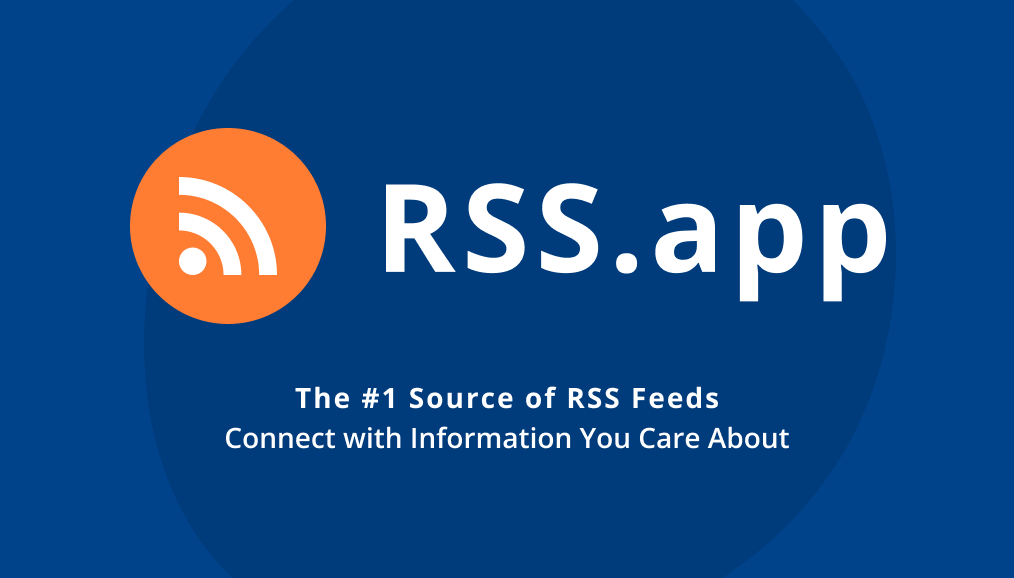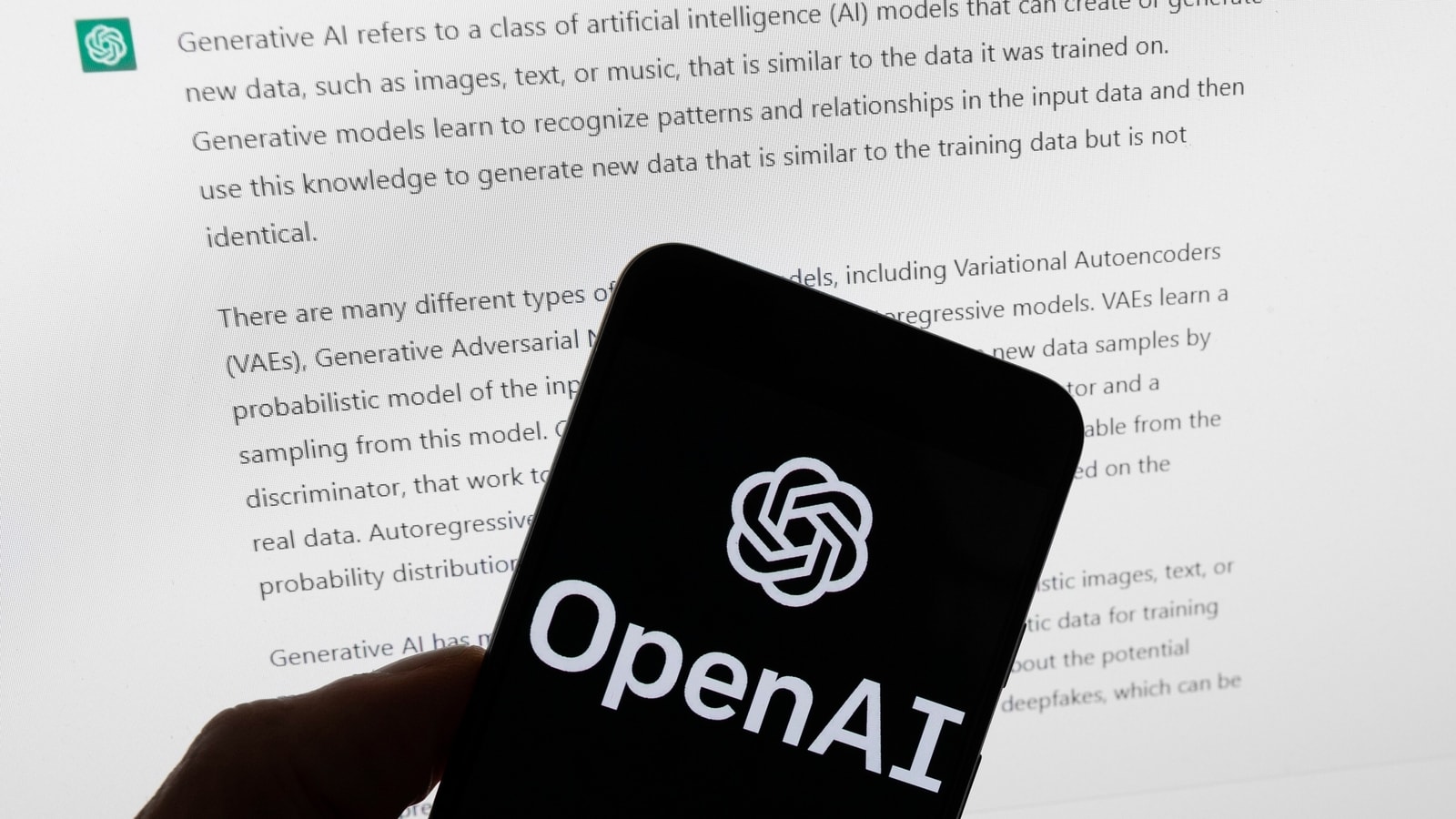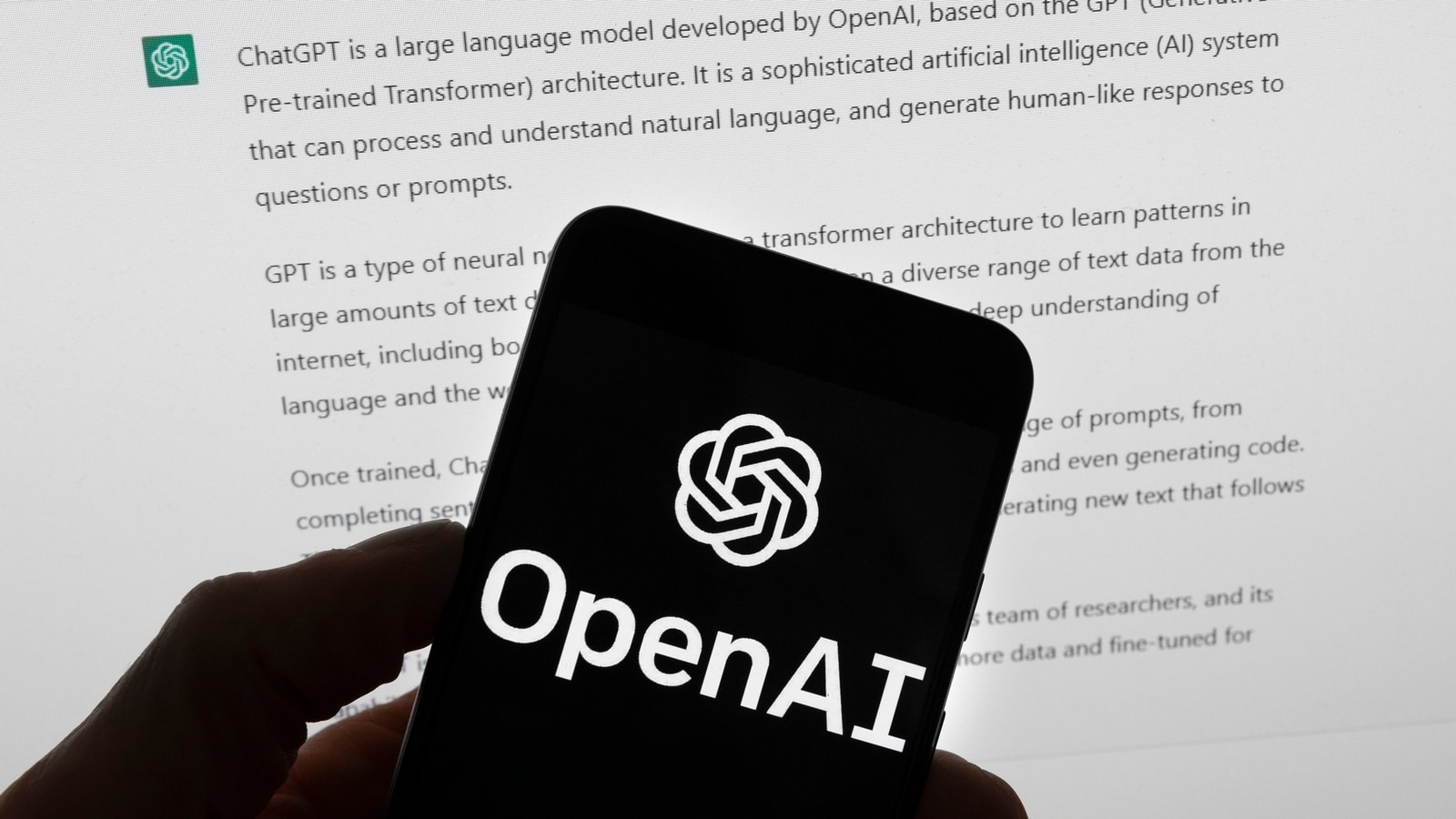WHO Releases Guidelines on Regulating AI for Health; EU Elections Face Threat of AI-fueled Information Manipulation; Google’s Generative AI Raises Survival Concerns for Publishers; Universal Music Sues AI Startup Anthropic for Copyright Infringement
The World Health Organization (WHO) has recently published guidelines for regulating artificial intelligence (AI) in the field of health. The guidelines stress the importance of safe and effective AI systems, prompt access to suitable systems, and dialogue among stakeholders. While AI has the potential to revolutionize the healthcare sector, its rapid deployment raises concerns regarding performance, privacy, and security. The publication aims to assist countries in establishing and maintaining robust legal and regulatory frameworks for AI in healthcare.
In other news, the European Union Agency for Cybersecurity (ENISA) has issued a report highlighting the increased cyberattack risks faced by EU member states, particularly targeting public administrations and the health sector. The report specifically warns of the looming threat of information manipulation campaigns powered by AI, posing a significant risk to the upcoming 2024 European elections. It calls for swift action to safeguard the integrity of the electoral process and maintain vigilance against such malicious activities.
Google’s Search Generative Experience (SGE) has raised concerns among publishers as it utilizes AI to generate summaries of search inquiries, reducing the need for users to click on publisher links. To prevent their content from being incorporated into SGE, publishers must actively opt out of Google Search, potentially rendering their content nearly invisible on the web. This situation exposes the tension between publishers’ desire to control their content and Google’s commitment to providing comprehensive information to users.
In the legal realm, Universal Music, Concord, and ABKCO have filed a lawsuit against AI startup Anthropic for alleged copyright infringement of their song lyrics. The complaint accuses Anthropic’s AI chatbot, named Claude, of producing “almost identical copies” of copyrighted lyrics, including popular songs like Katy Perry’s “Roar” and Gloria Gaynor’s “I Will Survive.” The plaintiffs argue that Anthropic must comply with copyright laws and obtain permission before utilizing copyrighted works.
Finally, Microsoft’s newly introduced AI assistant, Copilot, has generated discussions about its potential impact on the workforce. Copilot is designed to handle tasks such as attending meetings, drafting emails, and creating documents on behalf of users. While aimed at reducing mundane work, concerns have emerged about the potential replacement of human workers and businesses becoming overly reliant on AI. Additionally, there are reservations about Copilot’s adherence to new AI regulations that demand transparency regarding AI-generated content.
As advancements in AI continue to reshape various sectors, regulations and ethical considerations are crucial to ensure the responsible and beneficial use of this technology.

I’m a highly experienced and respected author in the field of cryptocurrency. I have been writing about Bitcoin, Ethereum, Litecoin and other digital currencies for over 5 years which is widely regarded as one of the most knowledgeable and reliable sources of information in this area.








